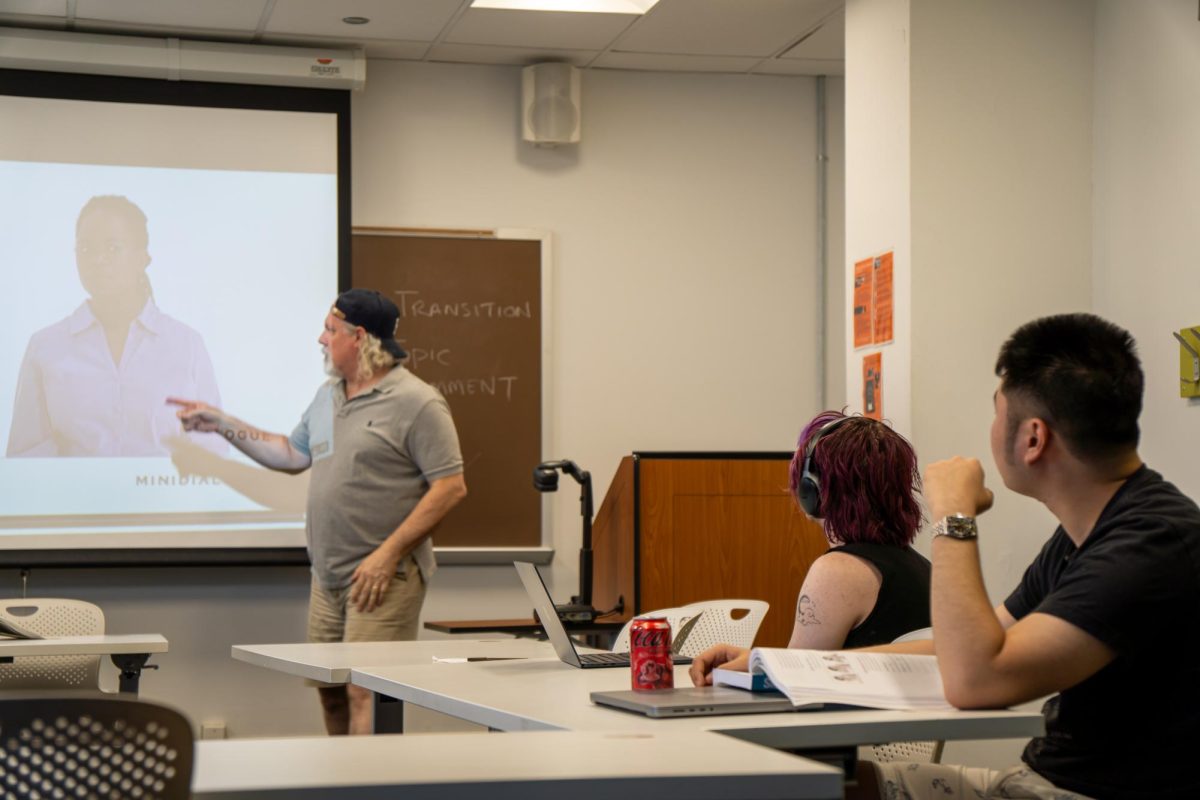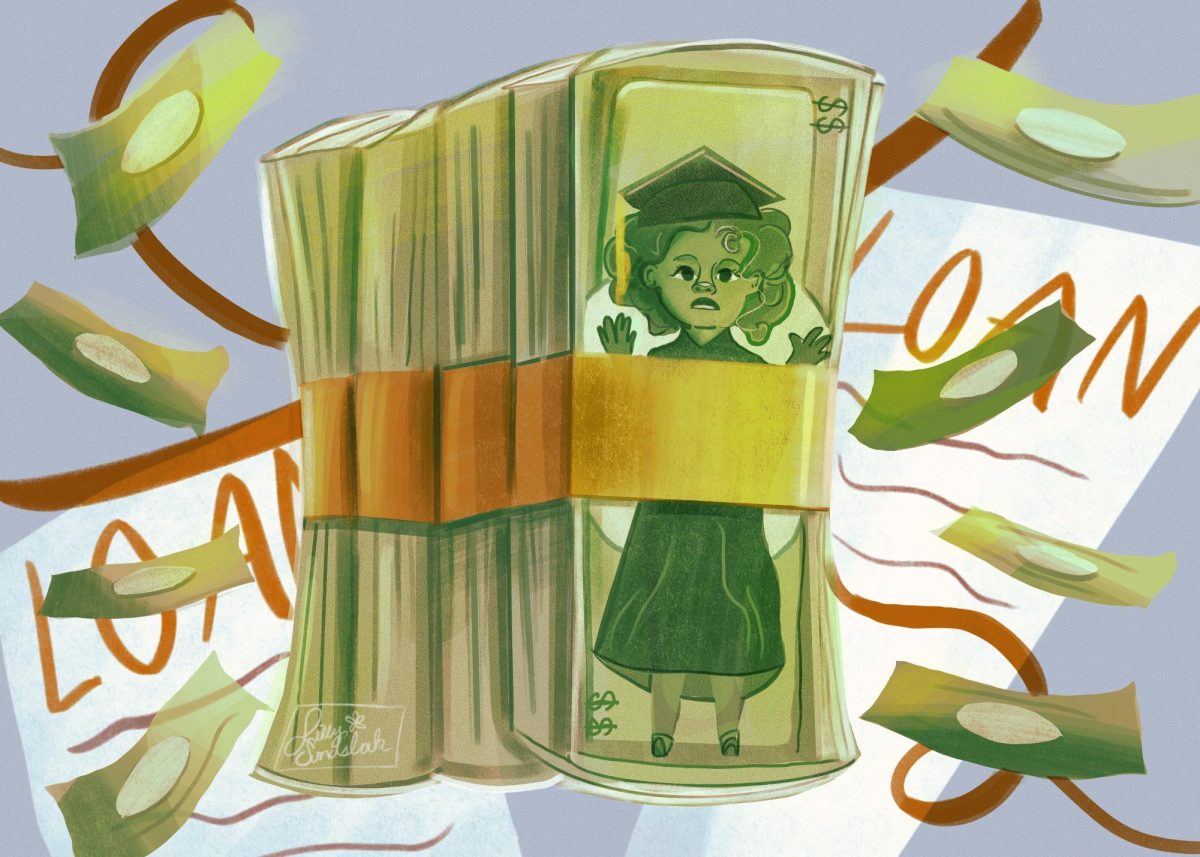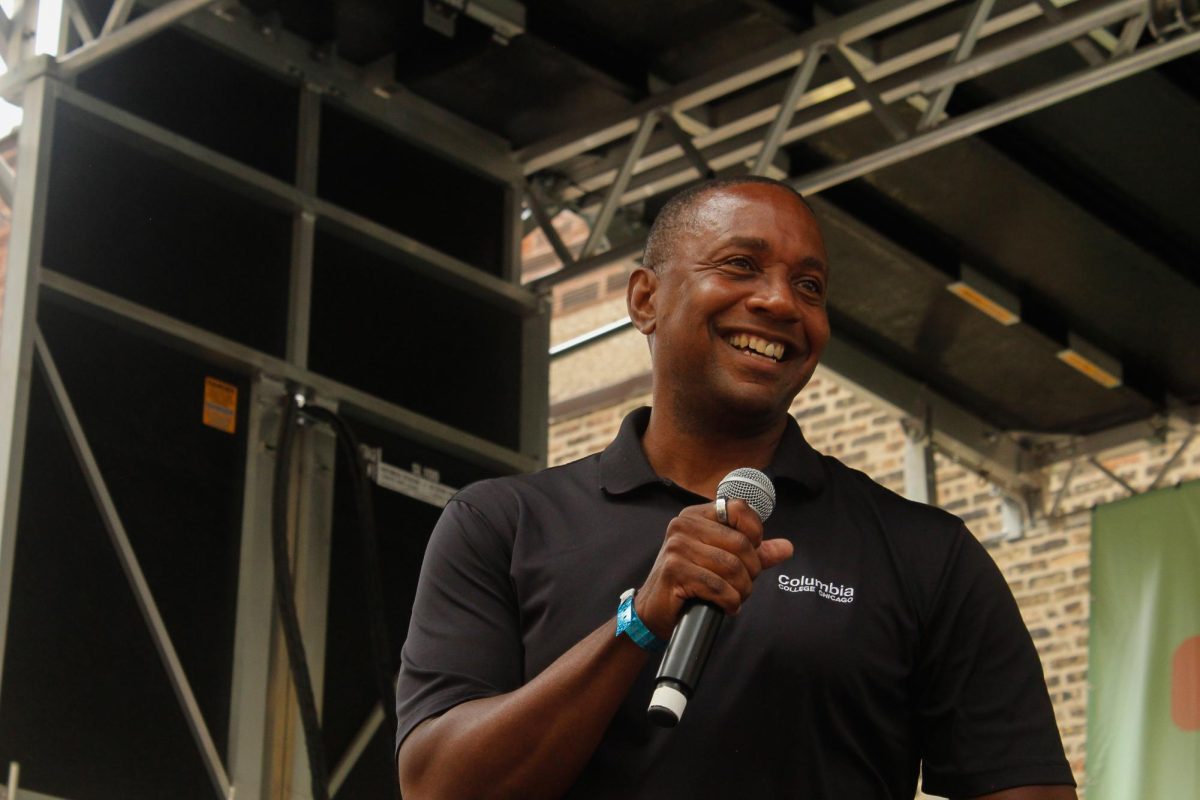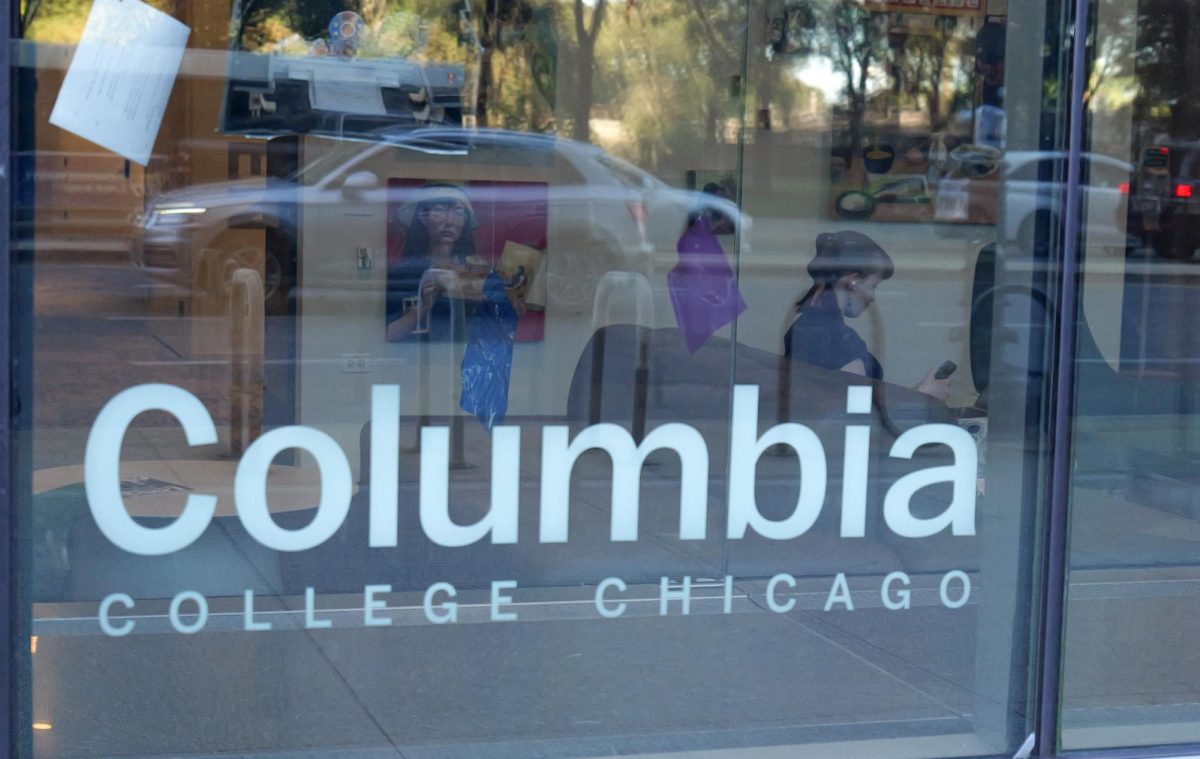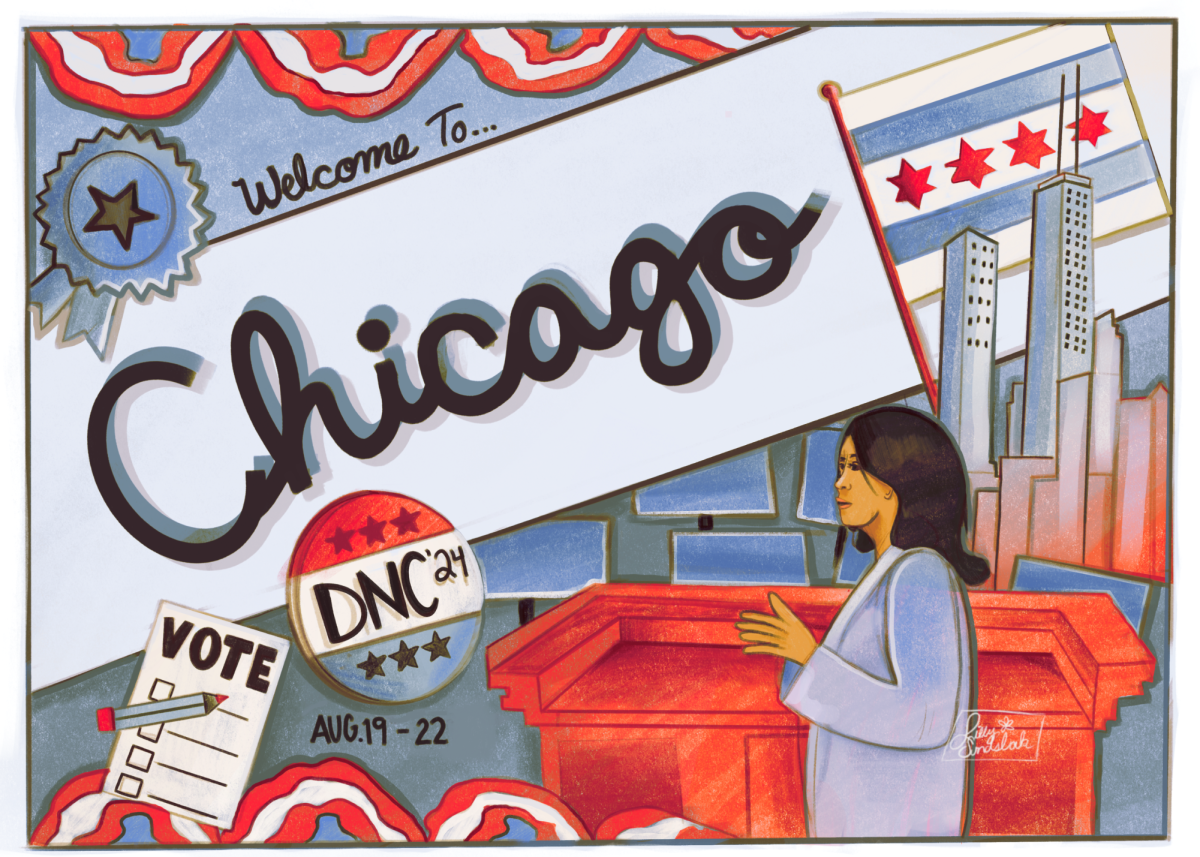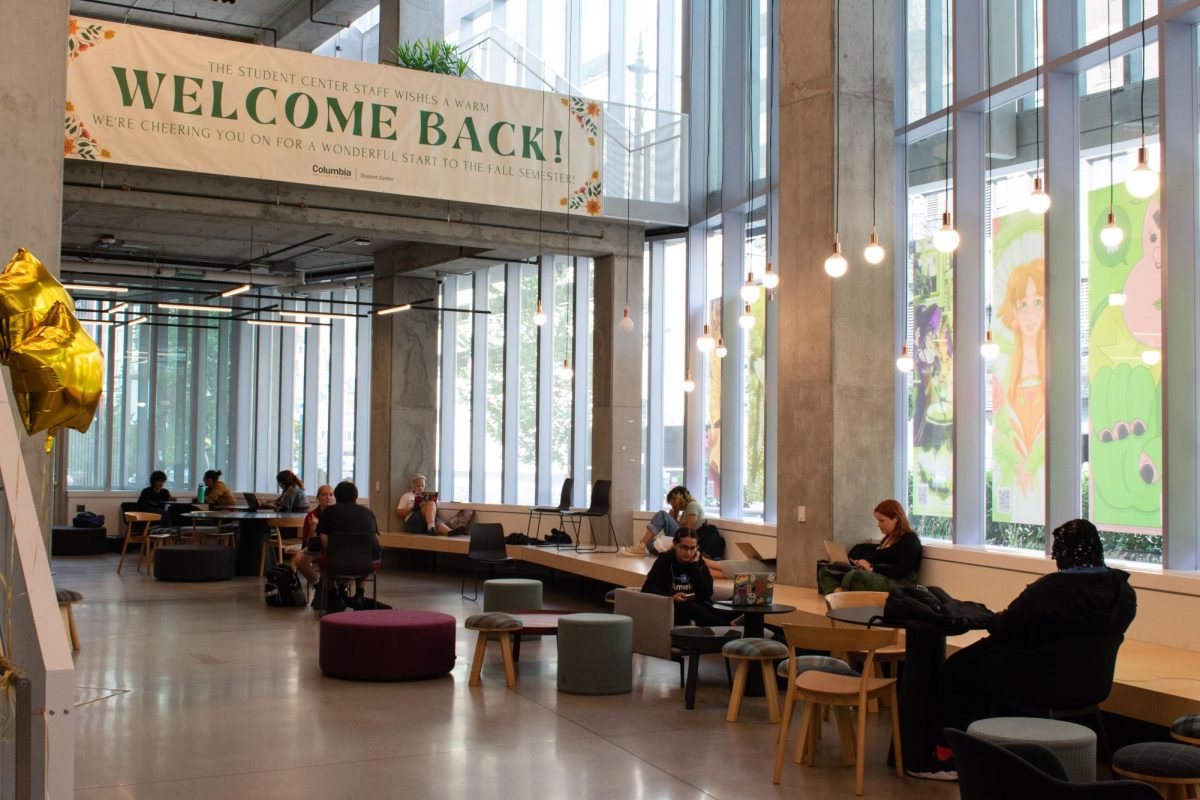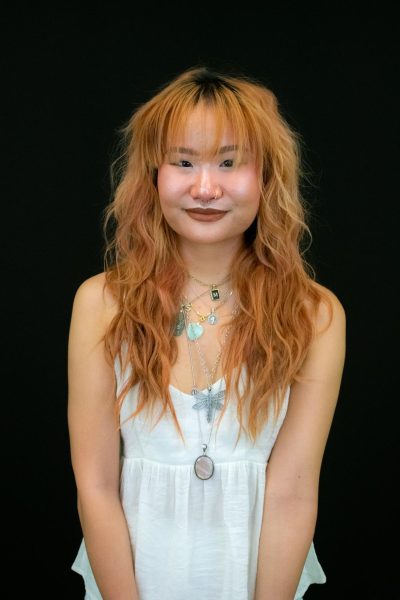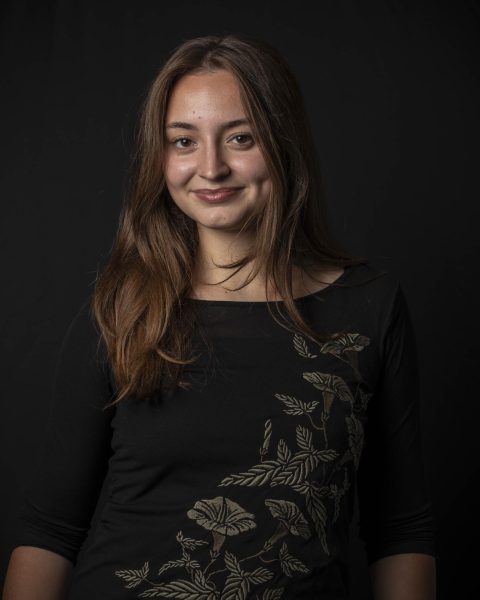The college has nearly tripled the number of DEI courses it offers since the first DEI-designated classes were created in 2019.
Columbia had 44 different DEI-designated courses in Fall 2019 and offered 31 of them to students, said Steven Corey, dean of the School of Liberal Arts and Sciences. Now there are 154 DEI-designated courses, and in Fall 2024, 78 different courses will be offered. Some of the offerings include “Culture, Race and Media,” “Elements of Music Design” and “Ethics and Economics.”
Students are currently required to take two DEI-designated courses. This will be reviewed as part of the college’s in-depth look at curriculum offerings, Corey told the Chronicle.
“The specifics of the DEI requirements and the overall curriculum approval process are being discussed this summer and into the fall,” he said.
What is a DEI course?
DEI courses are not just about culture and race. Courses with the designation range in subjects, but all use diverse perspectives to teach the material in a more comprehensive way than other courses without the designation.
For example, “The Biology of AIDS” examines the basic biology of HIV, including an understanding of the pathophysiology of HIV and AIDS and their impacts on the immune system. But it also considers the roles of various structures of power and privilege and their influences on the initial outbreak response, the continued response to the pandemic, the disproportionality of infection in marginalized groups and how activism induced, and continues to bring about, progressive changes within those power structures.
“Our understanding of what it means to earn the DEI designation has evolved and it will continue to do so to meet the changing expectations and experiences of our students and ongoing conversations on what is DEI across and within our academic disciplines,” Corey said.
According to the Office of Academic DEI, current DEI-designated courses have been “transformed” through a DEI lens across components of content, structure, form and assessment.
- Content: The course includes content given through a “nondominant perspective and is inclusive of diverse perspectives in the student population.”
- Structure: The course and instructor presents a “critical pedagogy that shifts power dynamics and centers on student agency and critical thinking.”
- Form: Any critical perspective is valued through “collaborative engagement and critical analysis.”
- Assessment: Methods engage student reflection outside of “Western biases.”
“A DEI designation means that the DEI committee feels that it sufficiently engages” in DEI, Corey said. “It takes deep dives, both in terms of content and in terms of delivery with a subject matter related to DEI.”
While a traditional or regular course can engage with DEI, DEI-designated courses are transformed in the way that students and instructors are involved with the material.
How a course gets the DEI designation:
Columbia has been without a head of DEI for a year since its director, Jessica Meharry, left last summer, as the Chronicle previously reported.
Meharry was never replaced, and a long-anticipated consultant report about the college’s DEI efforts has not been released.
Corey said that an ad hoc faculty committee was formed earlier this year to take responsibility for DEI approvals as part of their work. But that was paused in the spring.
“The DEI curriculum approval process will be discussed as part of upcoming revisions” to the Curriculum and Academic Policy Review Manual, Corey said.
Courses become DEI-designated by following the regular curricular approval process first, starting with a course proposal from faculty. Previously the course proposal went from the department curriculum committee to the school curriculum committee to the deans then to the DEI committee for approval, said Corey, the incoming dean of Academic Programming.
But after July 1, the college is eliminating its four schools and restructuring departments into eight different creative entities headed by directors. Under the new administrative structure there will be just two deans: Corey and Suzanne McBride, who will be dean of Faculty Affairs.
Corey said any new DEI requirements and a new curriculum approval process will be discussed up into the fall.
“The provost’s office has met with the outgoing and incoming leadership of the Faculty Senate to discuss these processes and timelines, and the Academic Affairs Committee of the Faculty Senate will be involved in the process of updating the Curriculum and Academic Policy Review Manual,” he said. “In the transition period this summer and fall, we are working to establish curriculum processes that mirror previous processes as directly as possible.”
The assessment of which DEI courses will be offered in the future will be determined once decisions about the curriculum processes are made.
What faculty are saying:
Kevin Christophersen, associate professor in the current Communication Department, teaches the DEI-designated course “Social Media and Digital Strategy Foundations.” He said that DEI courses provide a more in-depth view of subjects, bringing to light more perspectives of different groups — many of which are marginalized.
DEI is essential for “fostering a socially responsible and inclusive mindset, preparing students to contribute positively to a diverse society,” he said.
Christophersen said having diverse and inclusive sources in courses is important because it helps to increase empathy for others by also reducing biases and stereotypes.
“I also believe that inclusive sources ensure that students from all backgrounds see themselves represented in the materials they review,” he said. “This promotes a sense of belonging and validates their experiences, which can improve engagement, motivation and hopefully, retention.”
What students are saying:
Juliana Canuto, a senior music major, took the DEI-designated course “History of Television” which examines not only the chronological development of television as a technology and an industry but also how television has shaped history and people’s sense of it.
Canuto said she learned how representation of minorities like the LGBTQIA+ community happened on screen more recently in the ‘90s. “Knowing the history of it, it’s important to know how we can proceed in the future,” she said. “Being the future of art, we should feel the importance of representing everyone.”
Eileen O’Shaunghnessy, a senior ASL English Interpretation major, has taken numerous ASL courses with the DEI designation.
“We live in a very diverse world, so it’s important for students to be ready for anything that happens after graduation. People need to be knowledgeable about different cultures and different kinds of people and learn how to navigate through that.”
Copy edited by Trinity Balboa


